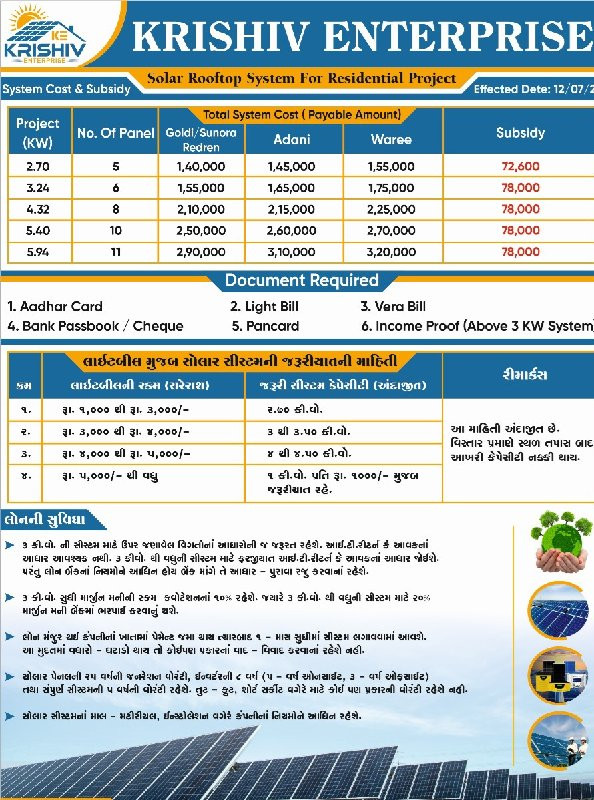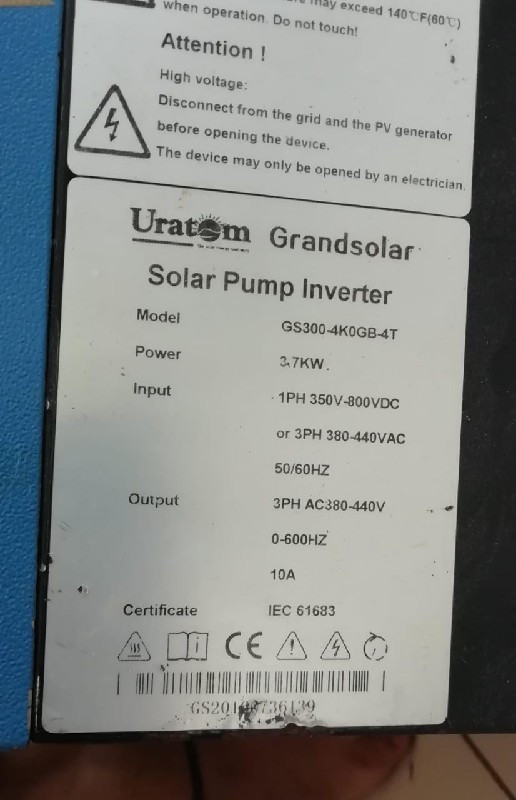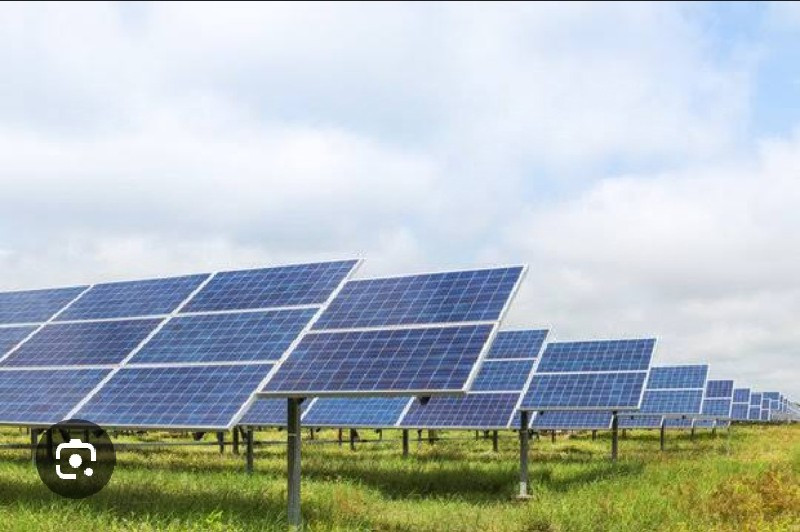
Harnessing the Power of the Sun: Solar Energy in Agriculture
As farmers strive to maximize yields and reduce costs, they are turning to solar energy as a sustainable and cost-effective solution. The use of solar panels to power irrigation pumps, electric fences, and other agricultural equipment has become increasingly popular in recent years. This article explores the benefits of using solar energy in agriculture and how it can revolutionize the way farmers operate.
Solar energy is a renewable source of power that can be harnessed in different ways. The most common use of solar energy in agriculture is through the installation of solar panels. These panels convert sunlight into electricity, which can then be used to power equipment such as irrigation pumps, electric fences, and lighting systems. By using solar energy to power these systems, farmers can reduce their dependence on fossil fuels and lower their operating costs.
The benefits of solar energy in agriculture are numerous. Firstly, solar energy is a clean and renewable source of power, meaning it does not contribute to air or water pollution. This is particularly important in agriculture, where environmental sustainability is a key concern. Secondly, solar energy is free once the initial investment in solar panels has been made, reducing the operational costs of a farm. Finally, solar energy is reliable and can be used even in remote areas where access to electricity may be limited.
When it comes to irrigation, solar energy can also increase efficiency. By using solar-powered pumps, farmers can avoid the high costs of electricity or diesel required to power traditional pumps. Solar pumps are also low-maintenance and easy to install, making them a popular choice for small-scale farmers.
In addition to powering equipment, solar energy can also be used to dry crops and reduce post-harvest losses. Solar dryers can be used to dry crops quickly and efficiently, reducing the risk of spoilage and increasing the shelf life of produce. This can be particularly beneficial in areas with high humidity or frequent rainfall.
In conclusion, the benefits of solar energy in agriculture are numerous. From reducing costs to increasing efficiency and sustainability, solar power can revolutionize the way farmers operate. If you are interested in incorporating solar energy into your farming practices, consider consulting with a solar energy provider to determine the best options for your operation.







